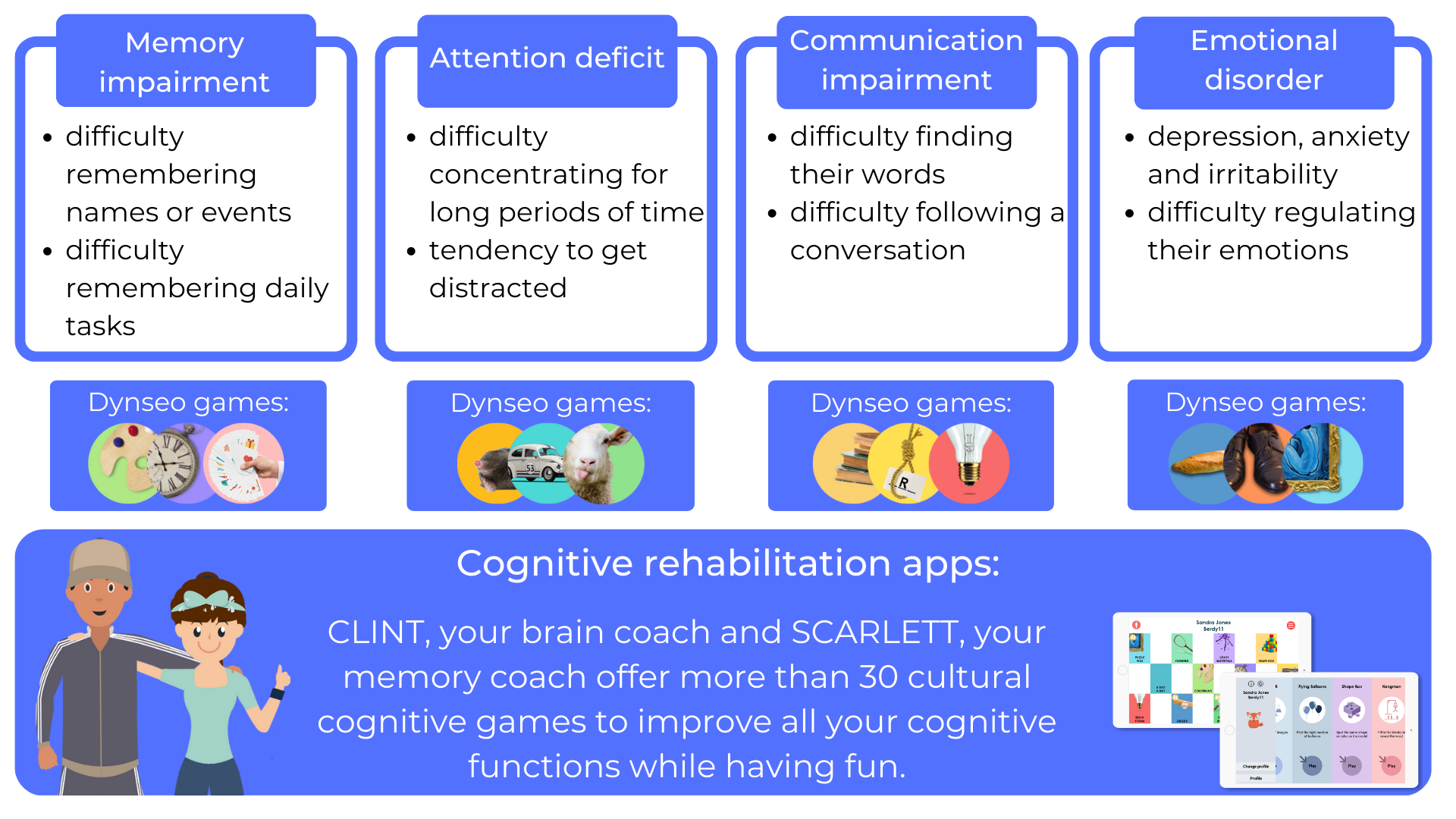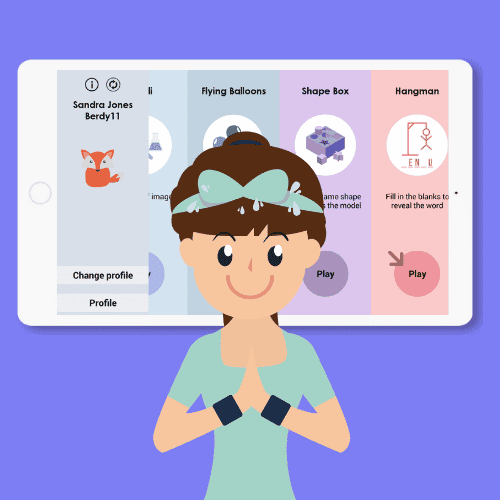Social interaction plays a crucial role in the well-being and quality of life of the elderly. By encouraging elderly parents to take part in social activities, we can stimulate their involvement, foster their personal development and maintain meaningful social ties. This article explores the benefits of social activities for elderly parents, and offers ideas for activities that can be set up to promote their social interaction.
The benefits of social activities for the elderly
Social activities offer many benefits to elderly parents, both physically and mentally. Here are just a few of the benefits they can bring:
1. Maintaining social ties
Social activities offer elderly parents the opportunity to meet other people and maintain strong social ties. This helps prevent social isolation, which is often associated with physical and mental health problems.
2. Cognitive stimulation
Social activities stimulate the brain by encouraging conversation, problem-solving and participation in intellectual games. This cognitive stimulation can help prevent cognitive decline and maintain cognitive function in elderly parents.
3. Improved mental health
Social activities provide an environment conducive to relaxation, fun and enjoyment. They promote the release of endorphins, the happy hormones, which help improve mood and reduce the risk of depression and anxiety.

4. Maintaining physical mobility
Some social activities involve active participation, such as dancing, group walking or physical games. These activities promote physical mobility, strengthen muscles and joints, and help maintain an active, healthy lifestyle.
Ideas for social activities for elderly parents
To encourage social interaction among elderly parents, here are some ideas for activities that can be put in place:
1. Book clubs
Organize book clubs where older parents can get together to discuss books, share opinions and exchange reading recommendations. This encourages conversation, stimulates critical thinking and creates a pleasant social environment.
2. Art workshops
Offer artistic workshops such as painting, sculpture or pottery. These creative activities allow elderly parents to express their creativity, develop new skills and socialize with other art enthusiasts.
3. Cultural outings
Organize outings to museums, exhibitions or cultural shows. This offers older parents the chance to discover new things, broaden their horizons and share enriching experiences with other participants.

4. Dance classes
Offer dance classes adapted to the needs of elderly parents. Dancing is a social activity that promotes coordination, balance and fun. It also enables us to forge close links with other participants.
5. Volunteer activities
Encourage older parents to get involved in volunteer activities in their community. This gives them a sense of purpose, boosts their self-esteem and enables them to make a significant contribution to society.
Social activities play an essential role in the lives of elderly parents, fostering social interaction, maintaining social ties and stimulating general well-being. The activity ideas presented in this article offer opportunities to engage older parents in enriching, creative and socially connected experiences. By encouraging participation in these activities, we can help elderly parents live fulfilling lives and maintain their quality of life.
Take the time to set up social activities adapted to the needs and interests of elderly parents. Together, we can foster their social interaction, stimulate their development and offer them precious moments of sharing and connection.
Scarlett, your memory coach
Scarlett is an application with over 30 cognitive games to work on all cognitive functions, such as memory, attention, language, and logic. With three levels of difficulty, everyone can train at their own pace, without being put off.
Games are cultural, so as you play, you’ll revisit memories of your life, your experiences and your youth. All thanks to fun games such as music, recipes, history, general knowledge…
Using memories is the most effective way of working on memory, as well as the most motivating.

Other articles that might interest you:
How Parents Can Contribute to Teacher Training
As we delve into the realm of education, it becomes increasingly clear that teacher training is not merely a...
Differentiated Instruction Approaches: Training and Practical Application
Differentiated instruction is a pedagogical approach that recognizes the diverse needs of students in a classroom. It...
Key Skills Teachers Need to Support Students with Special Needs
As we embark on our journey to support children with special needs, it is essential for us to cultivate a deep...







